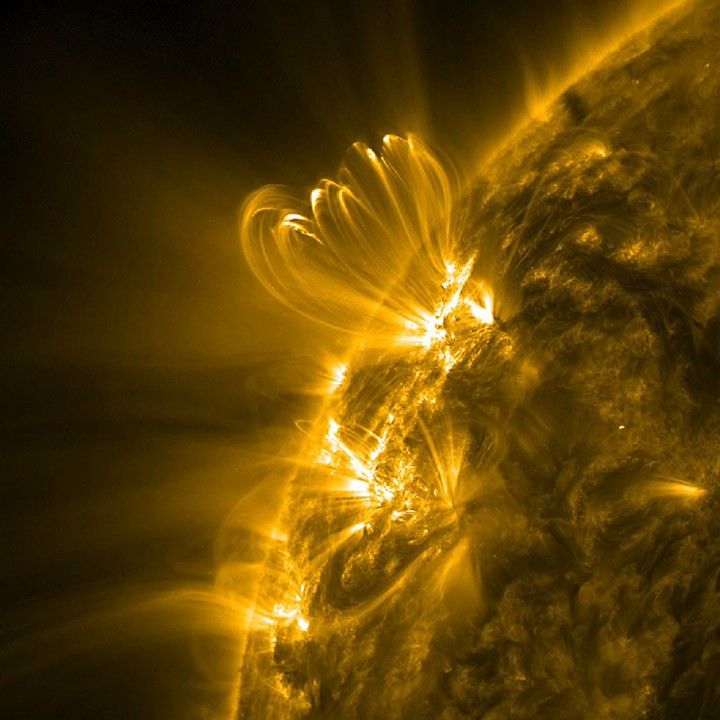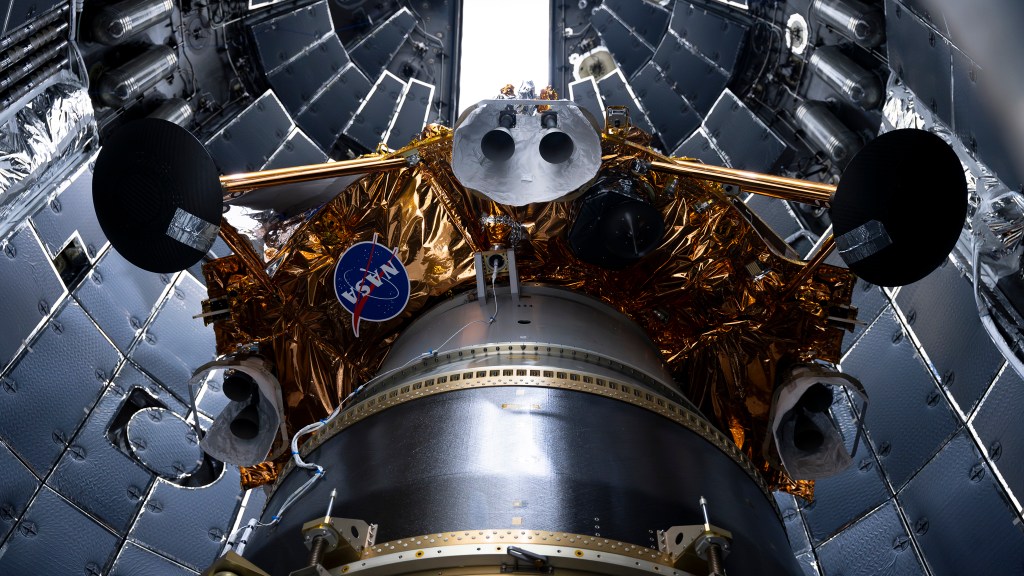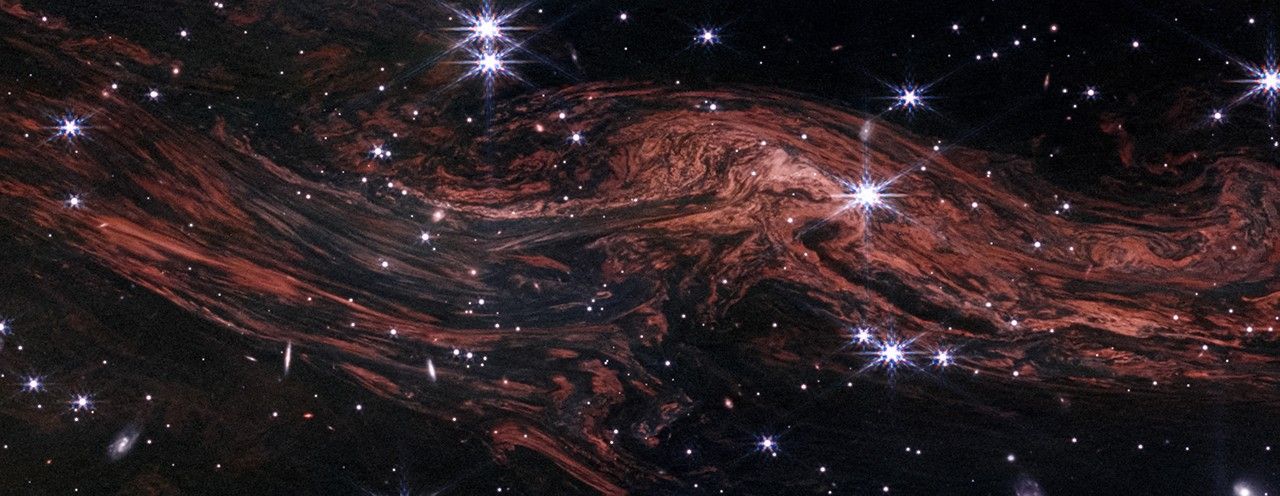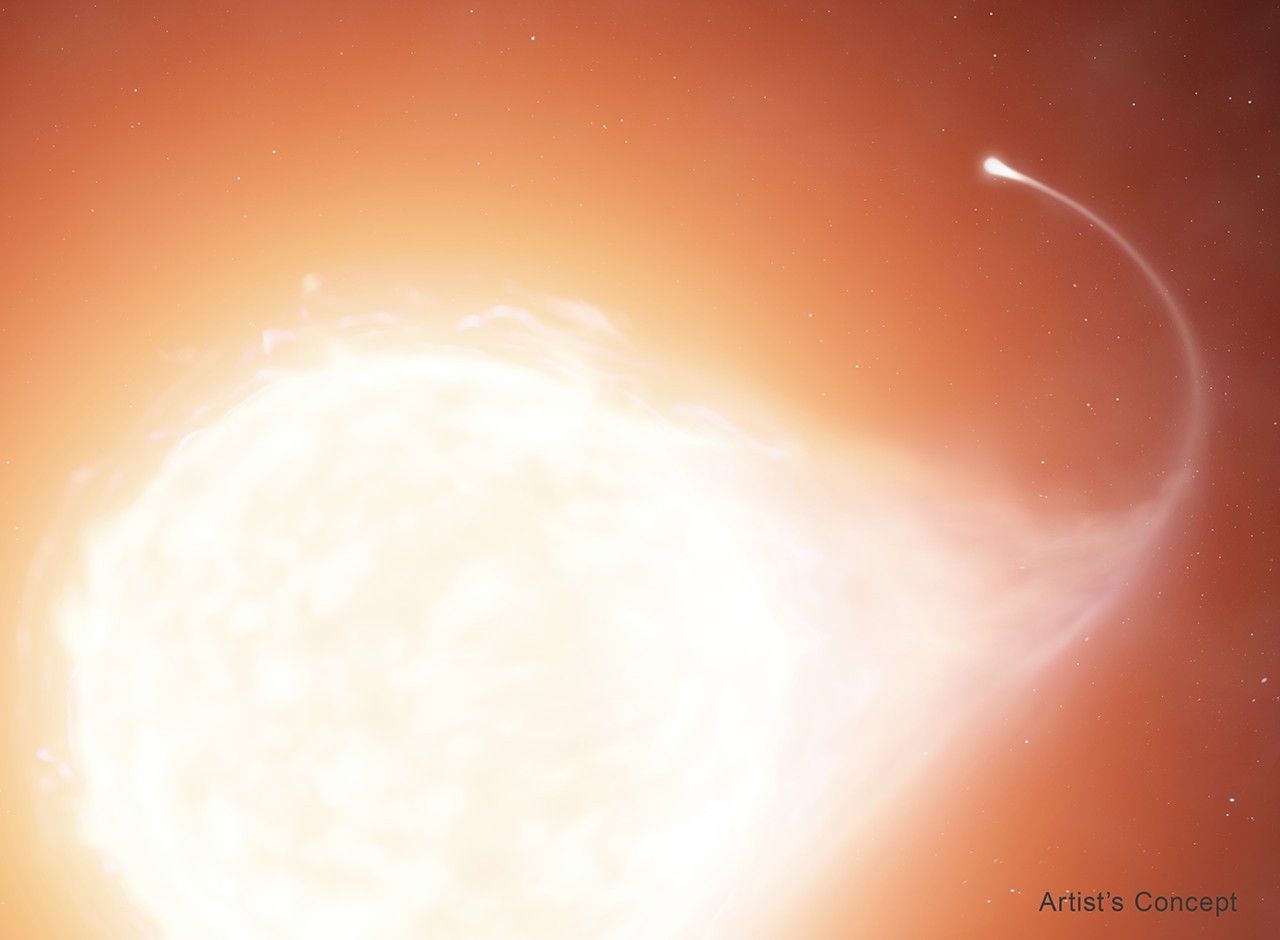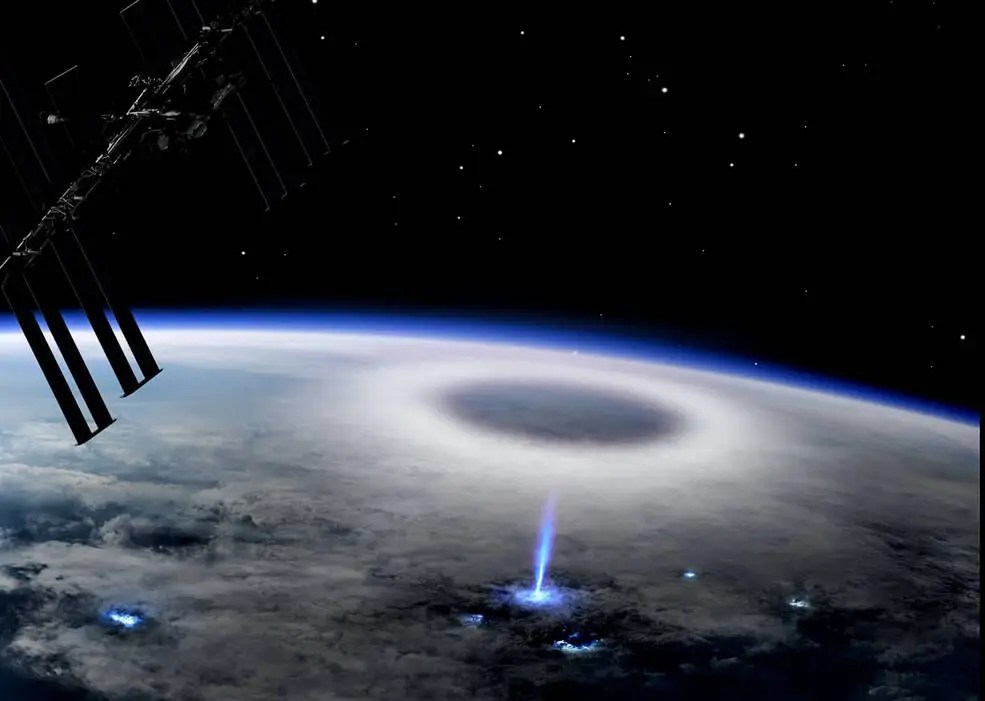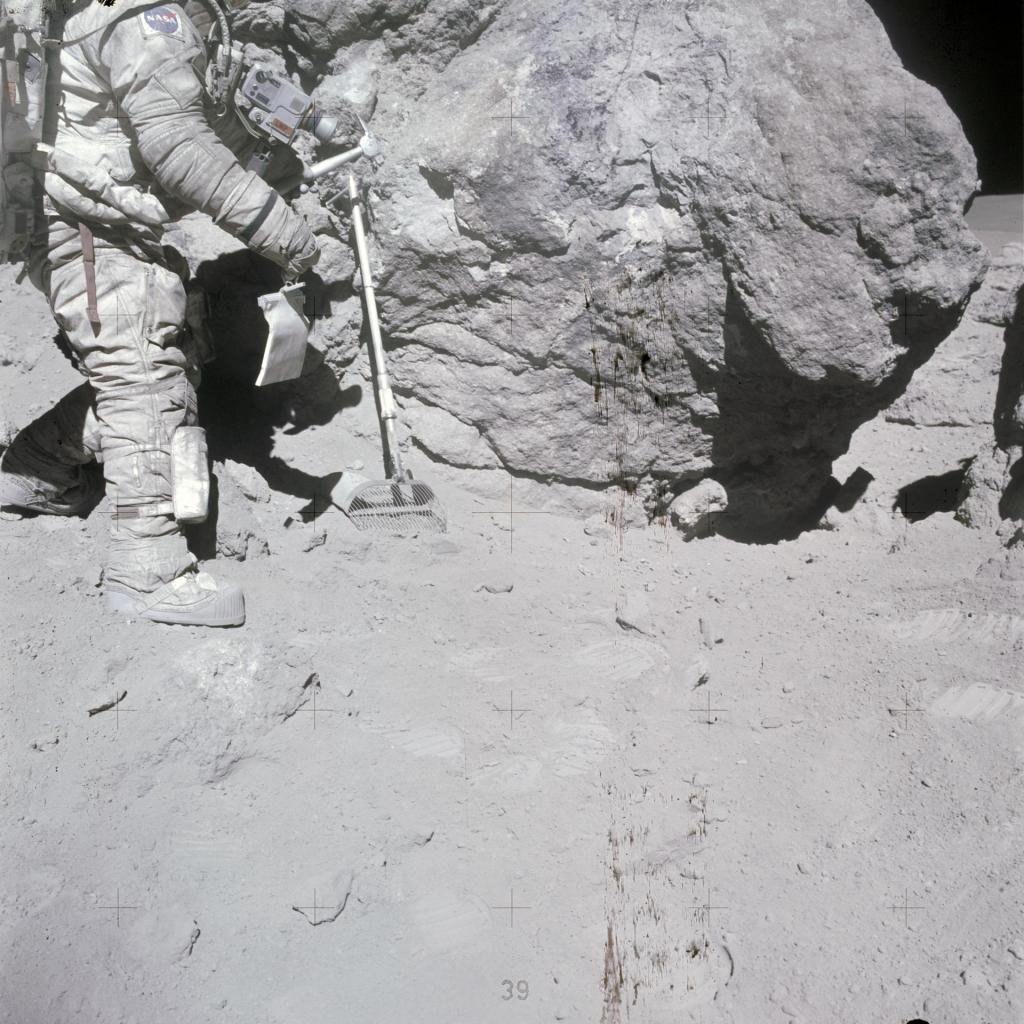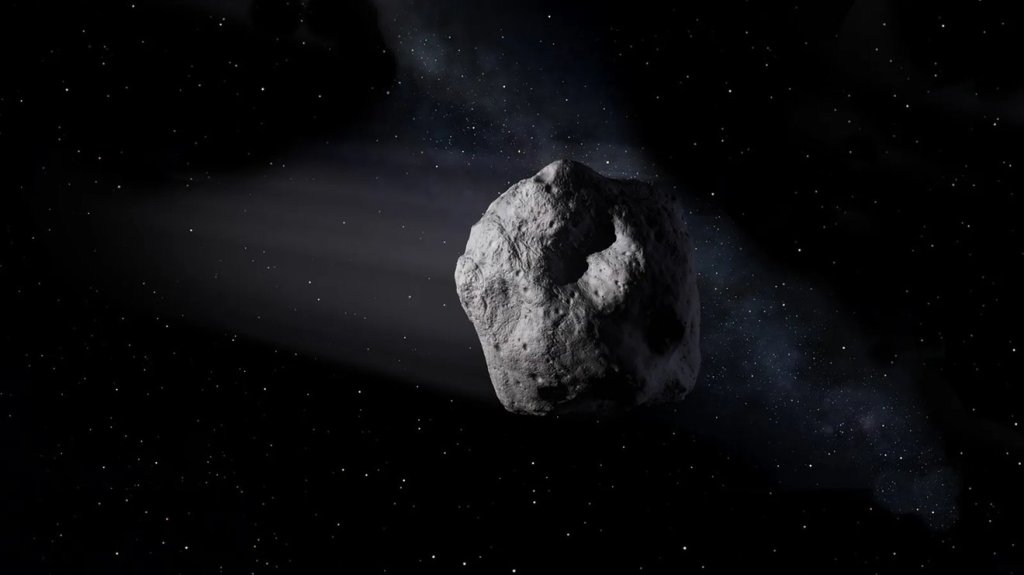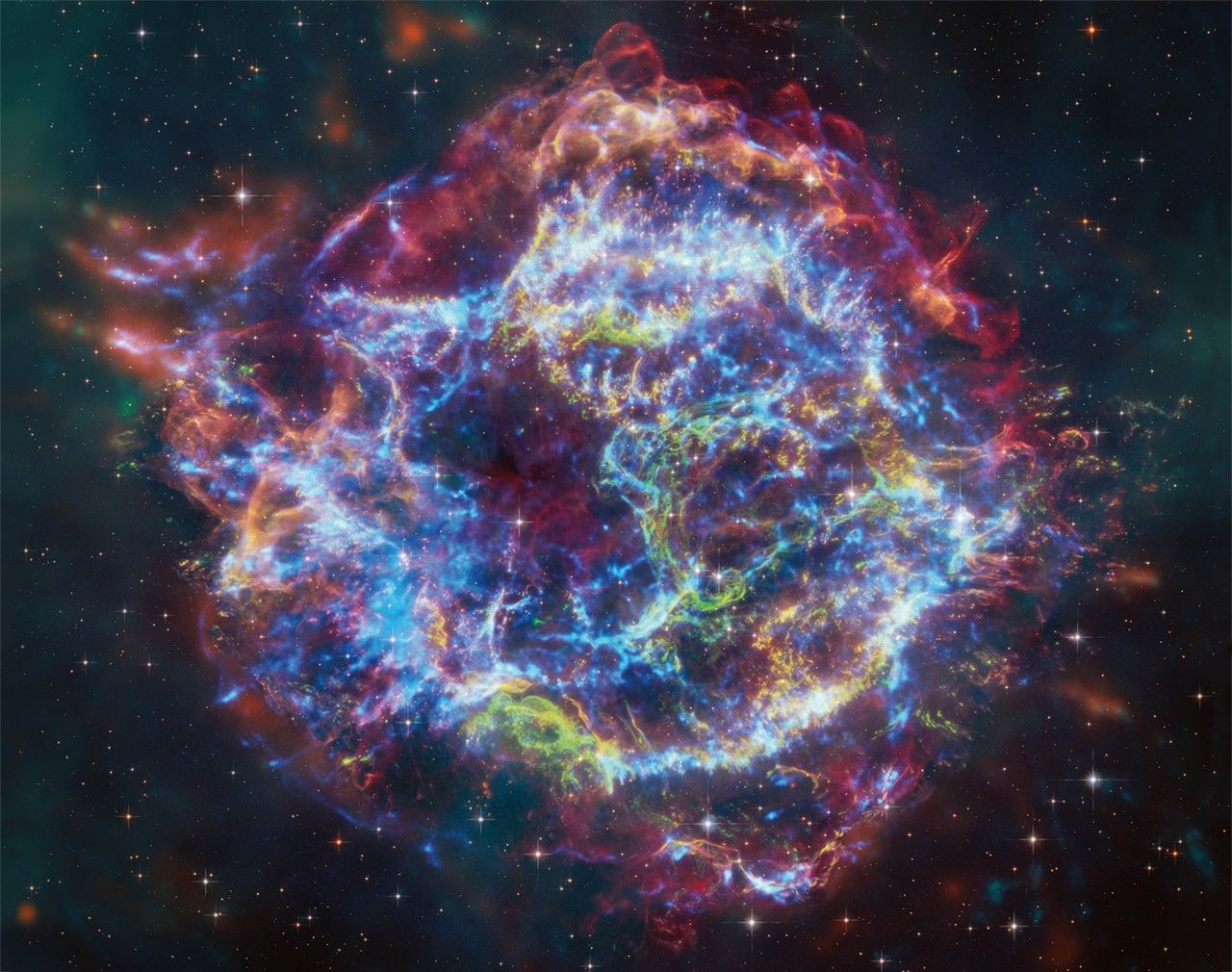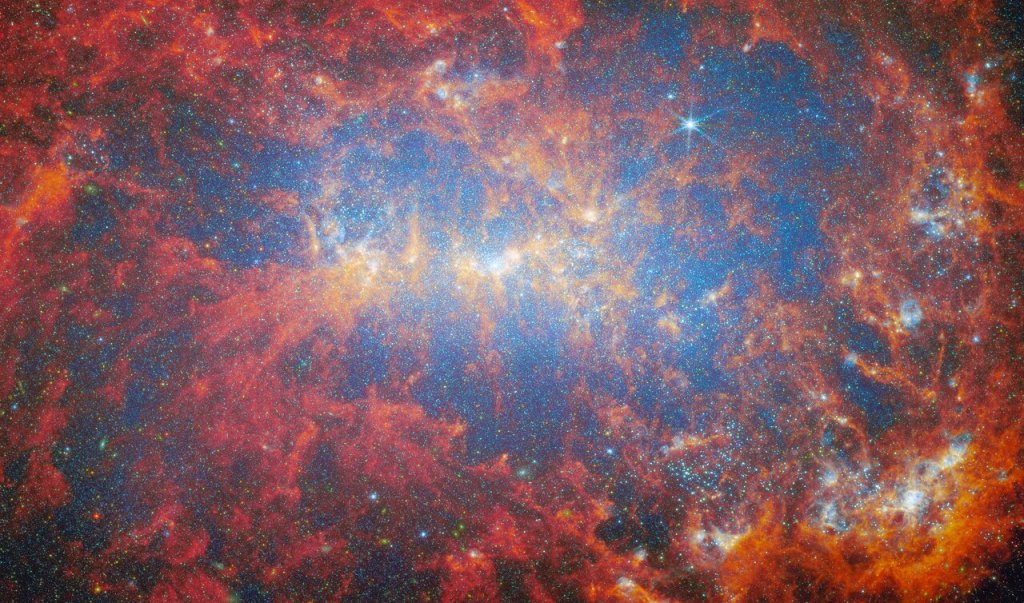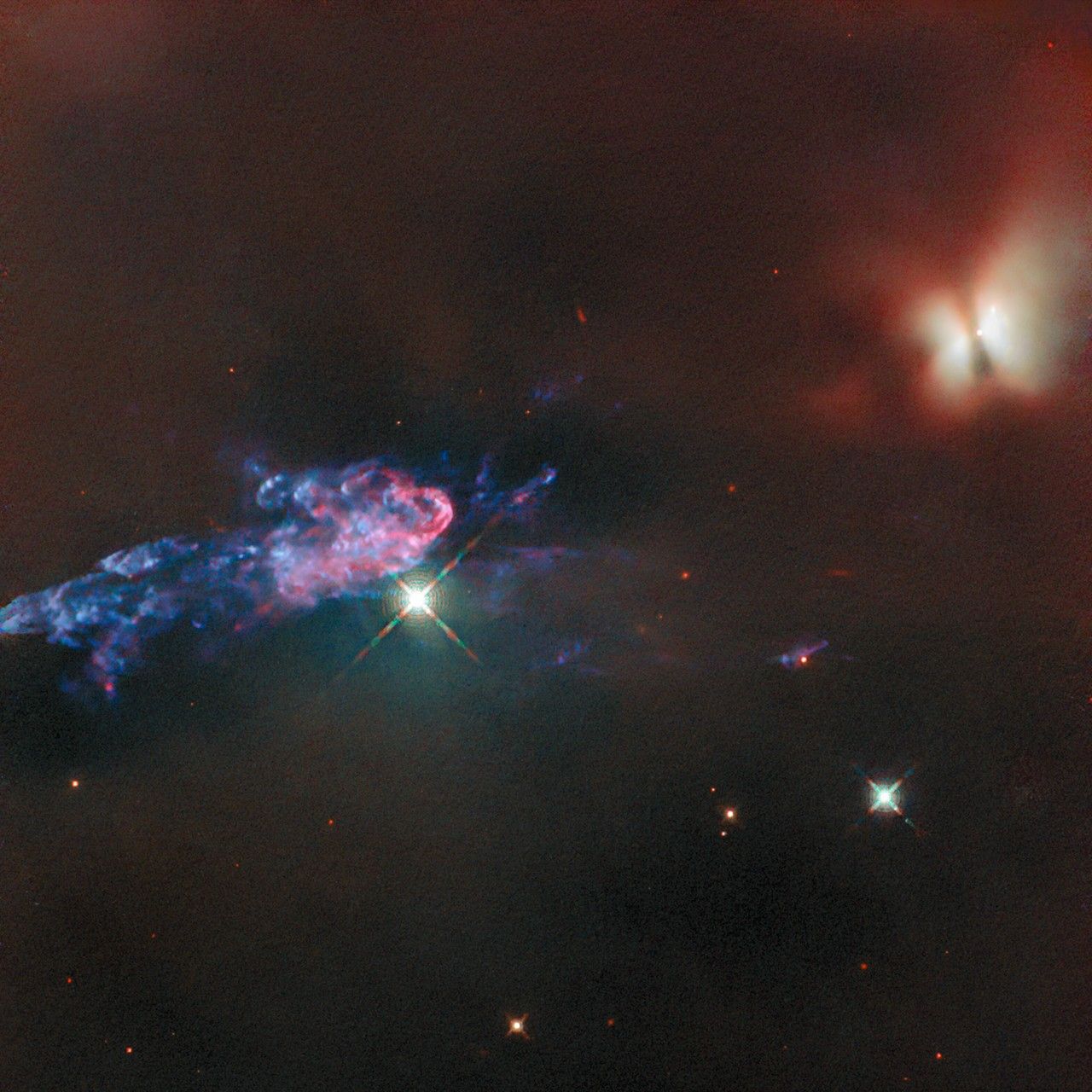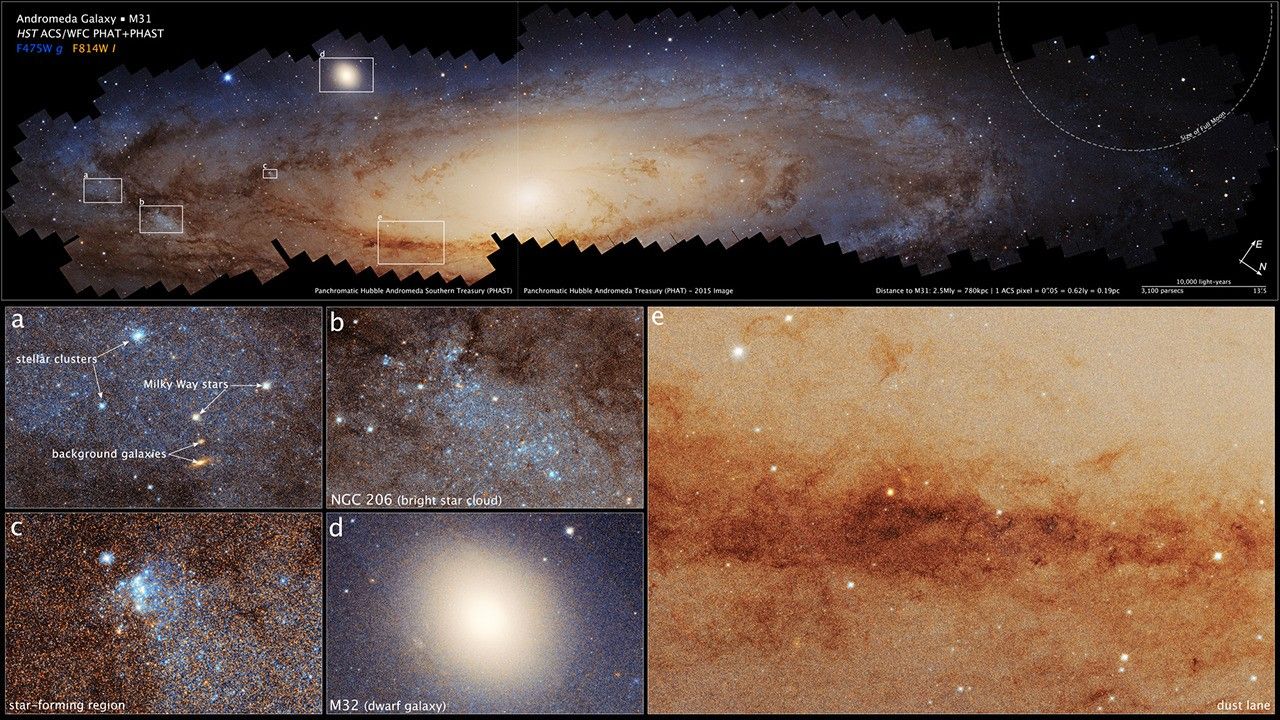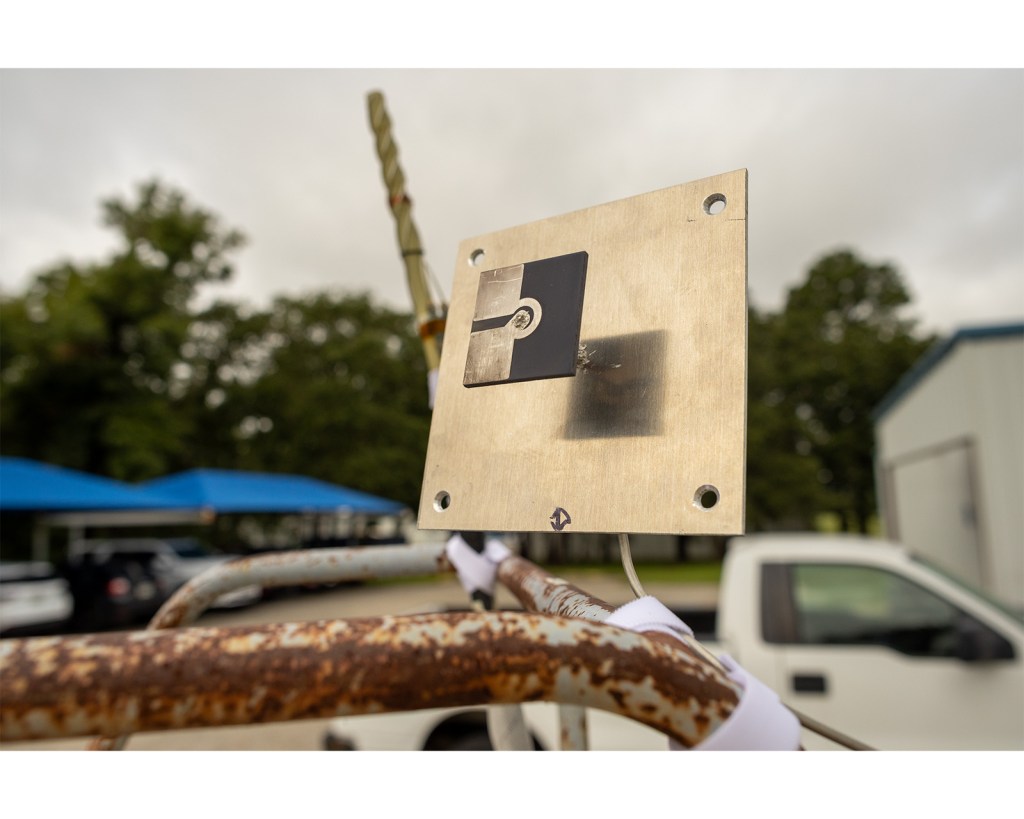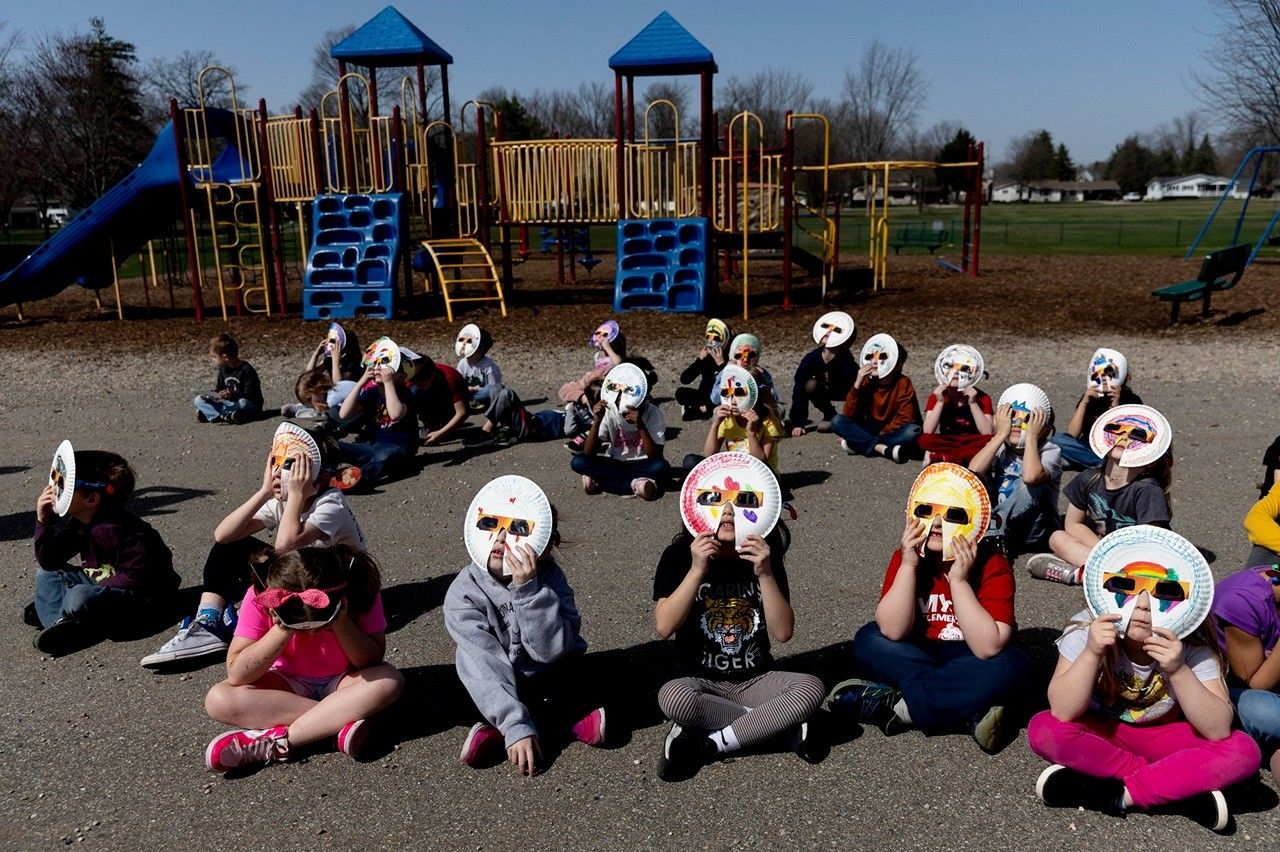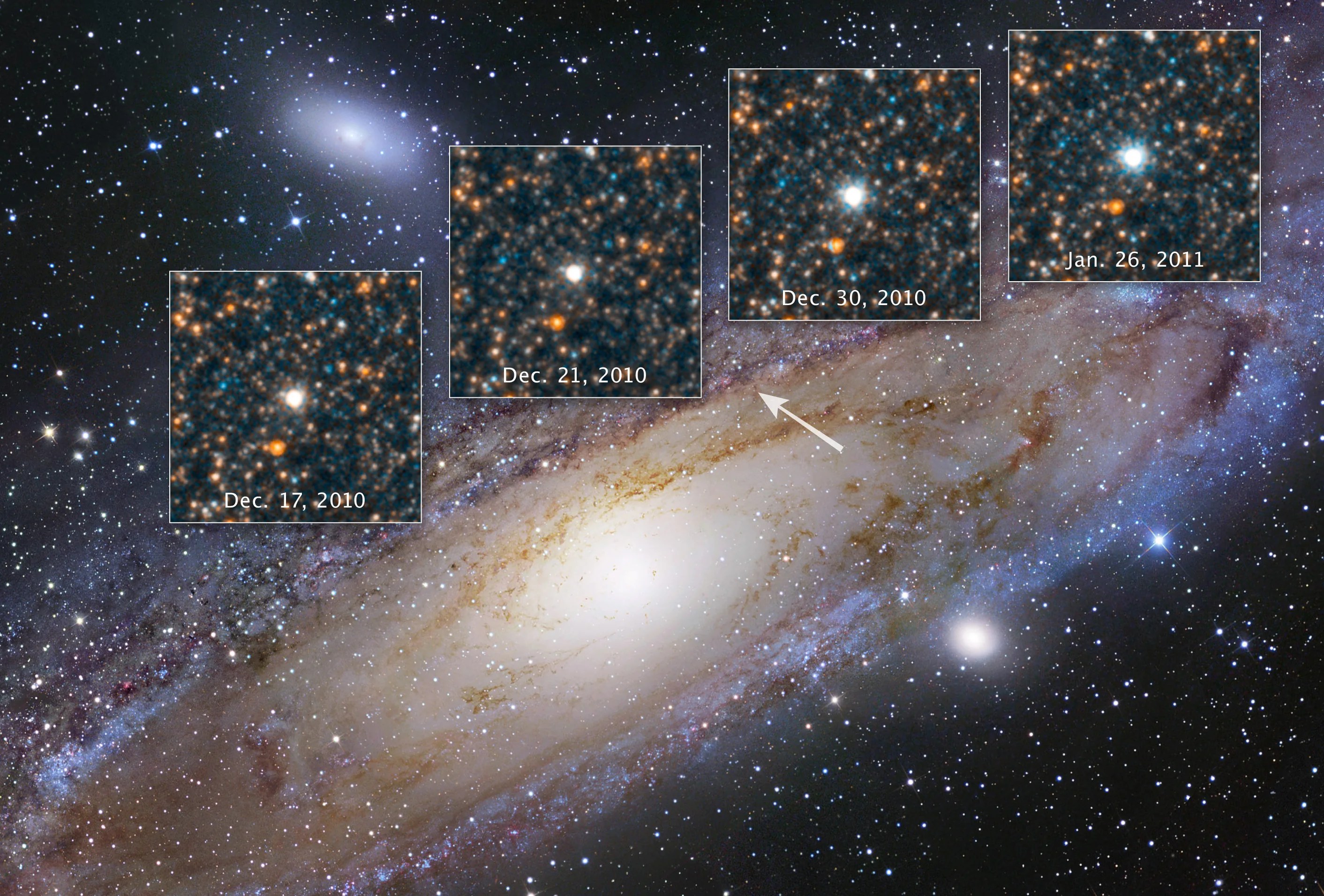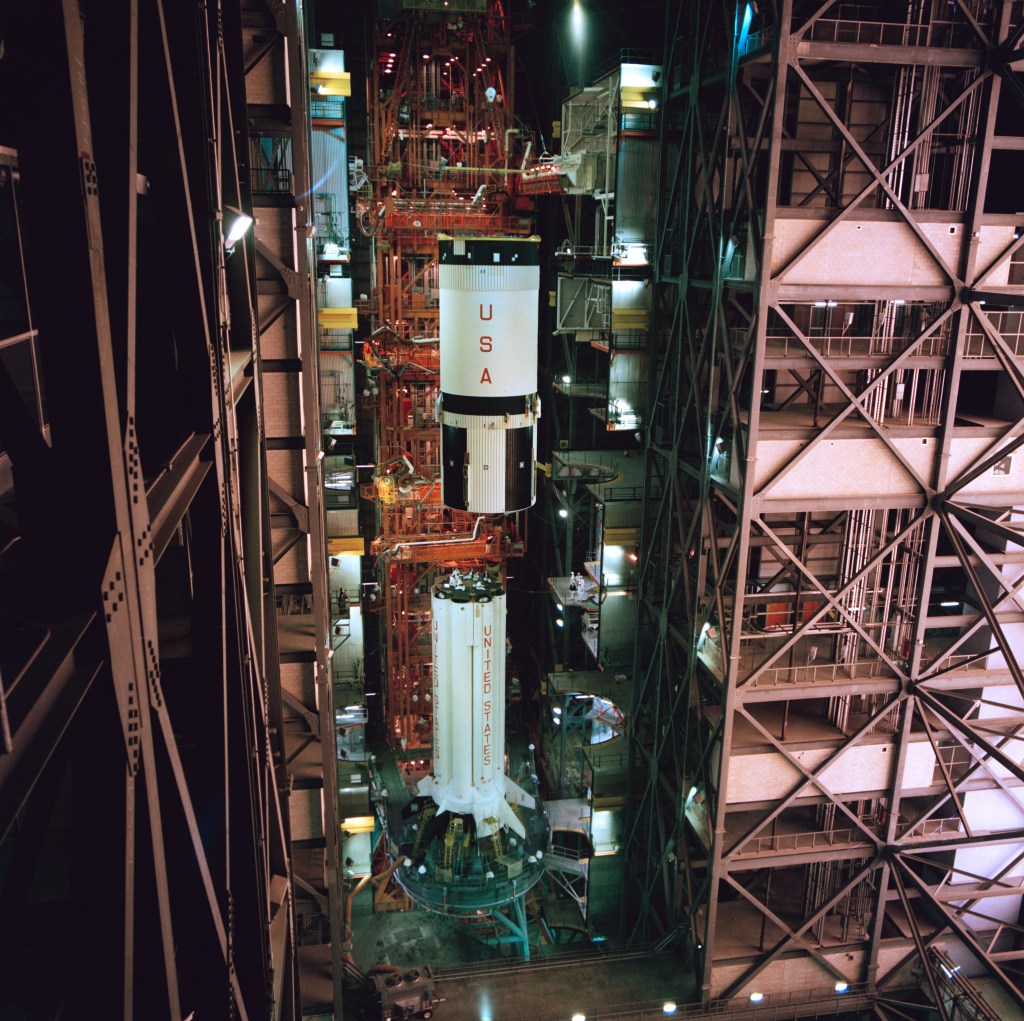
“She gets things done.”
This is how colleagues describe Brooke Weborg, machine learning data scientist and engineer at NASA. Weborg was nominated as Digital Transformer of the Month for her work on the AI/ML (artificial intelligence/machine learning) consultation portal, the type of ambitious project that computer scientist Herb Schilling had seen fail in the past. “Some of these things that you try to do just get bogged down in people saying no. But [Brooke] was never fazed by that at all…she just went ahead with it.” Reflecting on what makes Weborg a Digital Transformer, Schilling says, “A big part of digital transformation is communication, and she’s just a really good communicator.”
Although Weborg grew up near the Glenn Research Center in Cleveland, Ohio, she did not envision a career at NASA until college, where she studied computer science and engineering. Her professor Brent Nowlin, who still currently works at Glenn Research Center, encouraged her to apply for a Pathways internship, which she began in 2017. When considering how her educational background has led her to where she is today, Weborg says, “What I learned in college was that I really liked the algorithm portion of computer science. I enjoy puzzles and I feel I’m very much a middleman when it comes to projects…I love machine learning because it’s kind of this middle process of figuring out the intricacies of the model.” Her focus on the “middle” also comes through in how she describes the AI/ML consultation portal as a bridge, connecting the knowledge gap between users and experts at NASA.
We're entering a new era of discovery with all these AI/ML tools that are at our disposal, which is really cool. I’m excited to see how my work is going to impact that.

Brooke Weborg
NASA Machine Learning Data Scientist and Engineer
Weborg’s idea for the portal stemmed from a need she noticed in her own work. “I was struggling to find projects that were truly ready to begin the ML modeling and exploratory data analysis process. I found myself bouncing between projects because I ended up doing a lot of consulting and feasibility work for them versus actually getting to create machine learning models.” To properly prepare for the modeling process, many teams would have benefitted from expert support during the experiment design phase to ensure proper data collection and sampling. Weborg envisioned a way to support data scientists and machine learning engineers by providing relevant projects while ensuring those projects get the necessary assistance for leveraging AI/ML solutions.
The first successful use case, the CH2ARGE project, initially reached out to Weborg for a consultation in fall 2023, before the portal officially launched. What began as project proposal support has led to Weborg’s current role on the CH2ARGE team doing exploratory data analysis and investigating potential AI/ML use cases for cryogenic material and fuel cell data. This initiated what would become the AI/ML consultation portal.
With support from Herb Schilling, data scientist Douglas Trent, and intern Eva Ternovska, the AI/ML consultation portal launched on April 9, 2024. Although the portal started small, it gained significant traction during an agency-wide AI upskilling initiative, with over 230 people attending Weborg’s presentation on using the AI/ML Portal and becoming an advisor. “How we’re measuring success right now is how many advisors are we getting to sign up, which is showing that experts see the vision and realize its importance to our mission,” says Weborg. Since its launch, the portal has doubled capacity in just two months, going from 10 to 21 advisors across NASA with regular inquiries for new advisor sign-ups.
Dave Salvagnini, NASA’s Chief AI Officer, sees Weborg and the AI Portal as drivers of intellectual curiosity around AI and its possibilities. “She has fostered a movement that gives learners a place to seek expert advice about their AI ideas and use cases,” says Salvagnini. “The AI portal is quickly becoming a key AI enabler at NASA.” The portal has already led to seven successful use cases for machine learning and AI solutions by connecting talent across the different centers, highlighting Weborg’s commitment to inclusive teaming.
As a fearless pursuer of big ideas, Weborg was unsurprisingly excited for the future of digital transformation at NASA. “We’re entering a new era of discovery with all these AI/ML tools that are at our disposal, which is really cool. I’m excited to see how my work is going to impact that.”

